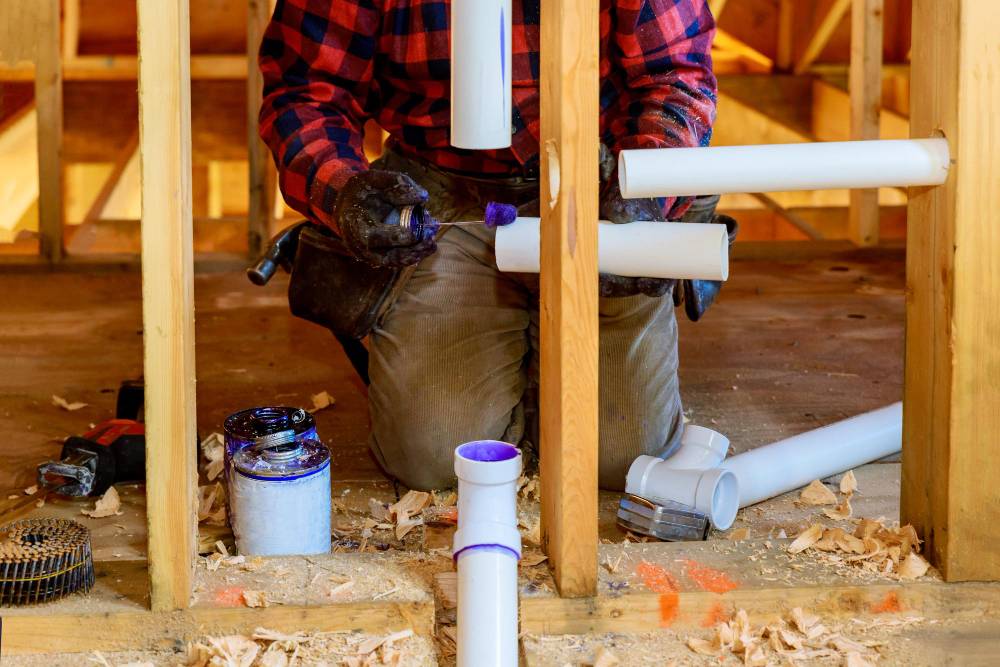Call This Monday to Get $50 OFF
Call us today
214-943-2424

In the world of plumbing, there are various tools and materials that are essential for maintaining, installing, and repairing pipes and fixtures. One of the most commonly used materials in plumbing service is plumber’s glue, also known as PVC cement or solvent cement. This adhesive plays a crucial role in creating leak-proof seals in plastic plumbing systems. But what exactly is plumber’s glue, and how does it work?
Plumber’s glue is a type of adhesive specifically designed for joining plastic pipes and fittings. It’s most commonly used in plumbing systems that involve PVC (polyvinyl chloride), CPVC (chlorinated polyvinyl chloride), or ABS (acrylonitrile butadiene styrene) piping. These types of pipes are popular in residential and commercial plumbing due to their durability and resistance to corrosion. Unlike traditional glue that simply bonds two surfaces together, plumber’s glue works by chemically welding the plastic pieces to form a strong, permanent bond.
Plumber’s glue doesn’t just bond two surfaces together; it creates a molecular bond that essentially melts the two pieces of plastic into one. This process is known as solvent welding. When the glue is applied to the surface of the pipes, it temporarily softens the plastic, allowing the surfaces to fuse together. As the solvent evaporates, the plastic hardens again, forming a strong, watertight connection.
Plumber’s glue is an essential material for any plumbing service involving plastic pipes. Its ability to chemically bond pipes through solvent welding ensures a strong, leak-proof connection, making it a go-to adhesive for both professional plumbers at Texas Rooter and DIY enthusiasts. Whether you’re dealing with plumbing repairs or installing new systems, plumber’s glue provides a reliable and efficient solution to keep your plumbing in top shape. To learn more about plumber’s glue, contact a professional at Texas Rooter.
We all know that extremely cold weather can lead to frozen and burst pipes.…
Read MoreHave you ever walked into your basement after a heavy rain and found water everywhere?…
Read MoreHave you ever been startled by a strange noise coming from your water heater? Those…
Read MoreWater isn't always as pure as it seems. Contaminants—from harmless minerals to potentially harmful chemicals—can…
Read MoreImagine you’re hosting a backyard barbecue in sunny Texas when you…
Read More